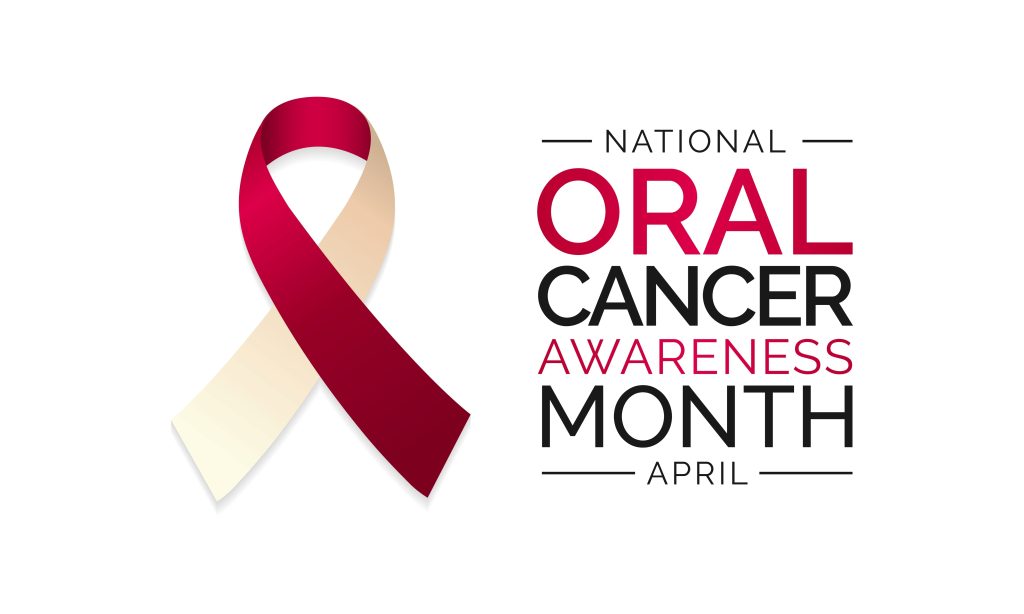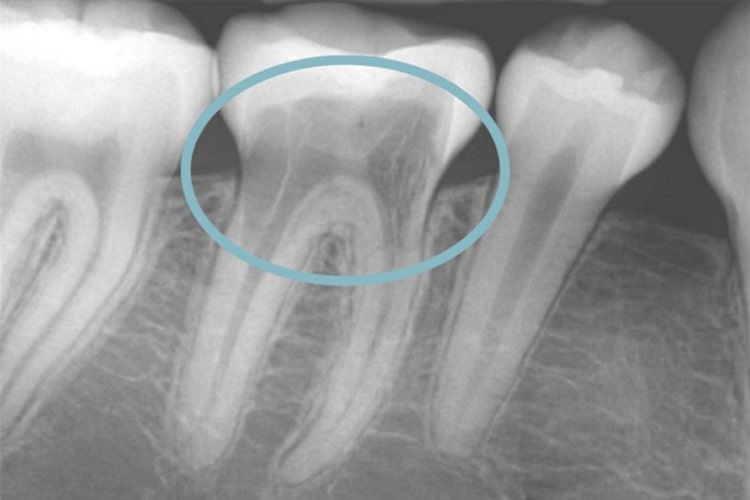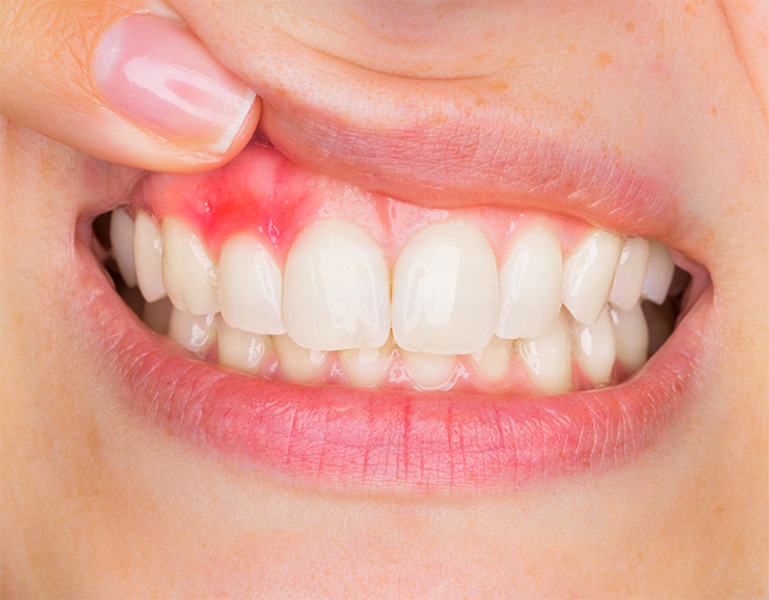Dr. Hawryluk Jr. has performed hundreds of successful ‘apicoectomy’ procedures at his clinic in Port Credit, Mississauga.
It is considered an ‘endodontic’ treatment, which is a class of dental treatment that involves the inside of a tooth. Other words for this procedure are ‘retro-fill’, ‘retrograde root canal’, and ‘apical curettage’.
If conventional root canal treatment has failed to resolve an infection around a tooth, an apicoectomy procedure may help. It is carried out only after at least one root canal has been performed on the tooth in question. It is usually the last resort in efforts to save a tooth. Sometimes Dr. Hawryluk will perform a second root canal to clear canals that the previous dentist was not able to locate in the first root canal treatment.
Dr. Hawryluk ensures the best possible root seal with conventional root canal treatment. Hence, the chance of a root canal performed in our office needing this subsequent treatment is low. One way we ensure excellent results with both root canal treatment and apicoectomy procedures is by using a dental microscope.
To learn more about root canal treatment, please visit us here:
Root Canal Procedures Can Save Teeth
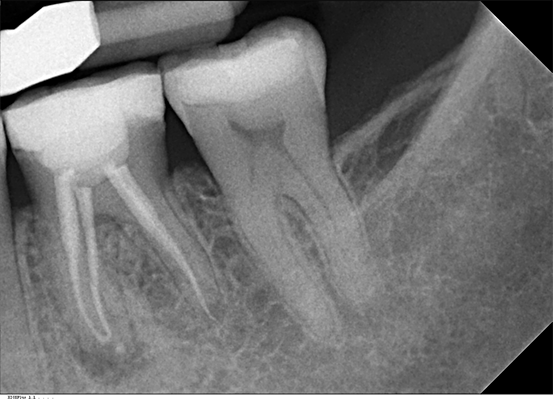
You might need an apicoectomy if your root canal treatment did not remove all infected tissue inside your tooth. Because a tooth canal system is a complex structure, even a root canal re-treatment may not be able to clear the canal completely. In this circumstance, bacteria could persist inside the tooth and in the bone near the tooth. Usually, the infection occurs at the narrow tips of the root (root apex), and an apicoectomy fixes the problem by removing the root tips along with the infected tissue. Sealing the root end is with a cement compound called ‘MTA’. The process of sealing the end of the root is known as the ‘retro-fill’. An apicoectomy allows you to keep the tooth, which otherwise may have required extraction because of the infection.
Before an apicoectomy, Dr. Hawryluk gives an antimicrobial mouth rinse, an anesthetic, and (sometimes) medicine to counter inflammation. The anesthetic can increase your heart rate, so please indicate on our medical questionnaire if you have high blood pressure. Dr. Hawryluk will then access the root through the gum. At this point, the abscessed tissue will be visible, and the dentist will clean it out with instruments that look like mini spoons (curettes). Complete visibility of the working area is possible with the dental microscope. An x-ray will be taken of the cleaned area to inspect the work done. Finally, the suturing of the area finishes the procedure.
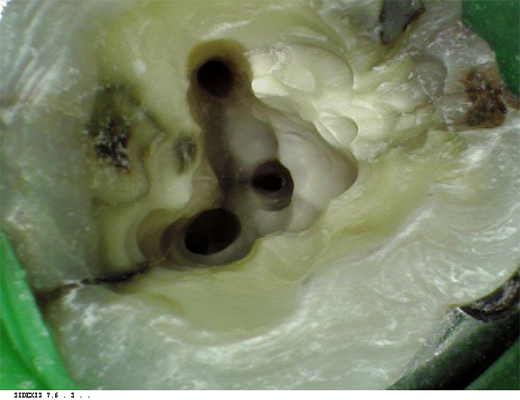
An apicoectomy can take between 45-90 minutes. The lower molars take the longest to treat as the roots housing is in several millimeters of bone. Also, the bone is denser in this area, and the molars have multiple roots. In contrast, the upper front teeth take the least amount of time for the exact opposite reasons.
Many patients find this procedure more comfortable with very mild sedation with Ativan Tablets. We have the tablets at St. Lawrence Dentistry, so there is no need to pick them up at a pharmacy. Please inform the staff if you wish to have this. You cannot drive for several hours after taking Ativan.
Dr. Hawryluk will review the post-procedure instructions with you in detail. In general, after the procedure, you should avoid hard and crunchy foods. Apply ice to the area for around 12 hours after the surgery. Do not rinse vigorously or pull your lips as this may loosen the sutures. Removal of the stitches is usually a week post-procedure. Any remaining swelling has often vanished after fourteen days.
To learn more about the apicoectomy procedure please visit us here:
Apicoectomy – Root End Procedure that Can Save Teeth
If you have a tooth that has already had a root canal procedure but is still giving you issues, you may be a candidate for this procedure. The first step in treating this possible issue is to have a consultation with Dr. Hawryluk Jr. He will investigate your dental matter and give you all the options. For your convenience, our dental clinic is open Saturdays in addition to all the weekdays. Please give us a call if you would like to learn more about this subject.




